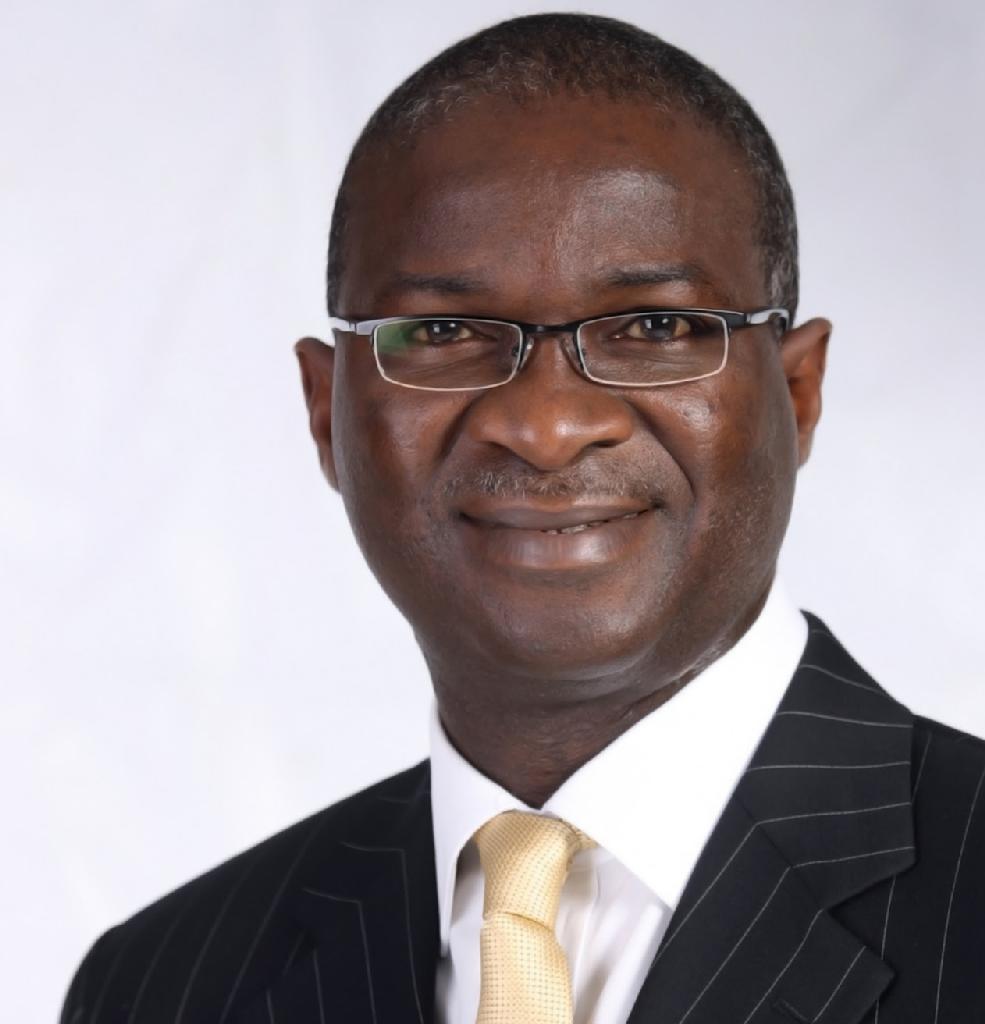Nigeria Needs Back-Ups to Gas, Says Power Minister
Nigeria's minister of power Babatunde Fashola said last week that the country needs to fully explore alternative power sources such as solar, wind energy and coal to complement existing hydro and gas.
During his address entitled ‘Achieving Incremental, then Uninterrupted Power’, he said that the resultant effect of incessant vandalism of gas pipelines was the current drop of the country's electricity from 5,000 to 2,000 megawatts since February 2016. He was delivering a keynote address at the second National Council on Power (Nacop) stakeholders' meeting in Kaduna state, organised by the Ministry of Power, Works and Housing.
Fashola had earlier said that better utilization of gas resources would require the development of alternative back-ups to gas, liquefied petroleum gas (LPG) and condensate pipes, and that the country is poised to reduce its reliance on gas as an antidote to 'vandalism of pipelines'.
According to the minister, since the militant Niger Delta Avengers started their attacks on February 14, to date they have destroyed 23 gas pipelines across the Niger Delta states. “Since February 14 to June 2nd 2016, there have been 14 attacks on oil pipelines; and so, as a result of that, the 23 gas pipelines that we have are not getting enough gas to fire their turbines; so we are gradually and entirely dependent now on hydropower which is coming from Kainji" dam on the Niger river.
"By the end of August, we should be able to improve power in Calabar, Ekot-Ekpeni, and from there evacuate some more power," added Fashola who, prior to his appointment as minister was Lagos state governor for eight years until mid-2015.

Nigeria's minister of power Babatunde Fashola (Photo credit: Fashola/LinkedIn)
The minister's comments confirm what analysts have been saying for some while, that it will be difficult to attract and complete investments in new gas-fired power generation while gas supplies continue to be disrupted. An unofficial truce was declared in June but last week a gas pipe was blown up.
In the same vein The Guardian Nigeria, citing gas operators in the country, reported July 13 that Nigeria’s power sector lost an average of 2 billion naira ($6.9mn) daily between May 27 and June 13, 2016 as a result of different challenges, with gas accounting for over 85% of the total constraints.
Meanwhile an oil and gas worker told NGA July 15 that Nigeria's gas revenue fell by $4bn last year, to $6.8bn in 2015 from $10.8bn in 2014.
He was part of the Petroleum and Natural Gas Senior Staff Association of Nigeria (Pengassan) strike in the Nigerian oil and gas sector that was suspended a week ago after the union met with the federal government.
Pengassan had earlier gone on a six-day strike, beginning on Thursday July 7, 2016, which saw oil and gas workers in Kaduna, Warri and Port Harcourt refusing to show up for work in strict compliance with the strike action.
Pengassan national public relations officer Emmanuel Ojugbana on July 8, 2016 confirmed to journalists that its members had adhered to full compliance, saying the strike was not only about its union members but about the survival of the oil and gas industry in Nigeria.
"Oil workers were having a hard time dealing with the Joint Venture cash calls that were inherited by the present administration,” the worker said: “But President Buhari, through his minister of state for petroleum Ibe Kachikwu, has agreed to pay off $4.8bn arrears of the old Joint Venture cash calls.
“Further talks will hold on July 19 and 21, 2016 between Pengassan and the ministries of labour and petroleum resources to resolve further concerns,” he said.
Omono Okonkwo
Footnote: Since this report was published July 18, the African Development Bank issued a communique July 20 about last week's Nacop meeting in Kaduna state, noting that Fashola "highlighted Nigeria’s commitment to a 30% target of renewable energy in terms of electricity generation by 2030."


